Unmasking the mysteries of IBD: what you need to know
Today I want to tell you about inflammatory bowel disease (IBD), which includes Crohn’s disease and ulcerative colitis. These chronic diseases affect the intestines and are caused by inflammation in them. Imagine being inflamed on the inside, that doesn’t sound very good! IBD is an autoimmune disorder, which means that the body’s immune system attacks healthy tissue, which can cause diarrhea, rectal bleeding, fatigue, weight loss, and stomach cramps.
The intestinal epithelium is a layer of cells that lines the intestines and plays an important role in IBD. A specialized type of epithelial cells are Paneth cells. These cells produce antimicrobial peptides that help regulate the gut microbiota, or the community of microorganisms that exist in the gut.
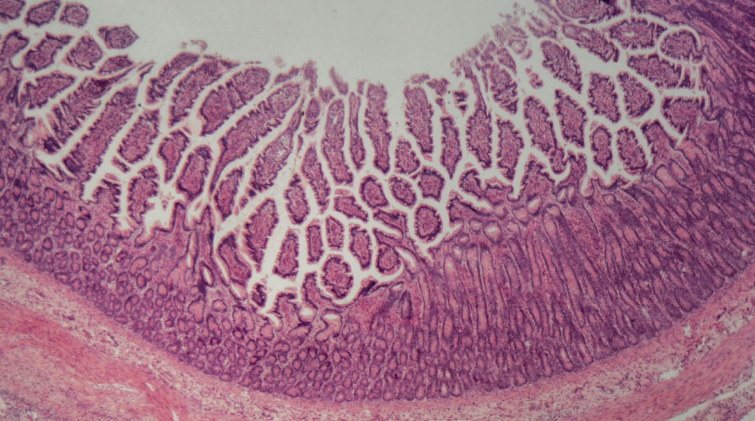
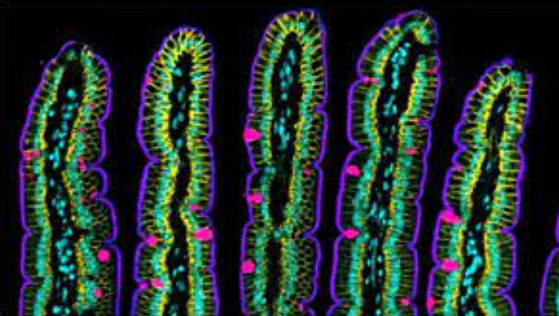
A research team led by a biomedical scientist and IBD expert at the University of California, Riverside reports in their mouse study that reduced activity of the IBD risk gene PTPN2 in intestinal epithelial cells may lead to a decrease in the production of antimicrobial peptides from Paneth cells.
In other words, if this gene is not working correctly, Paneth cells do not produce enough antimicrobial peptides, which causes significant changes in the gut microbiota and increases a particular bacterium called adherent invasive E. coli (AIEC), which increases in IBD and worsens inflammation. So watch out for that bacteria!
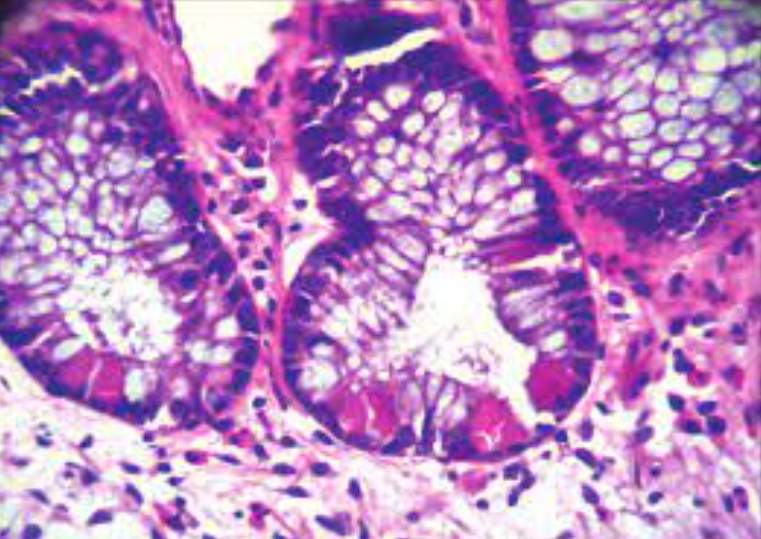
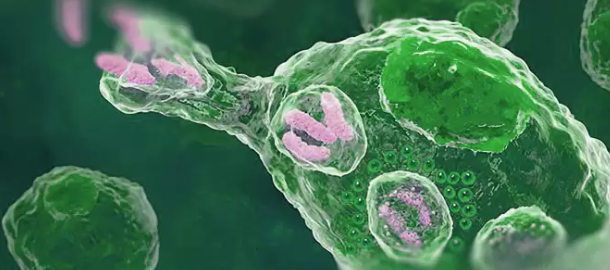
According to scientists, Paneth cells do not function properly in many IBD patients, and this may serve as a marker of the disease. The antimicrobial peptides produced by these cells are crucially relevant to the gut’s protective barrier to regulate the relative proportions of bacteria and their interactions with each other, they also help neighboring intestinal stem cells to function better.
This study helps us better understand how IBD works and how we can improve personalized medicine approaches in it. I hope you have learned something new about this disease and how it affects the human body. Take care of your intestinal health!
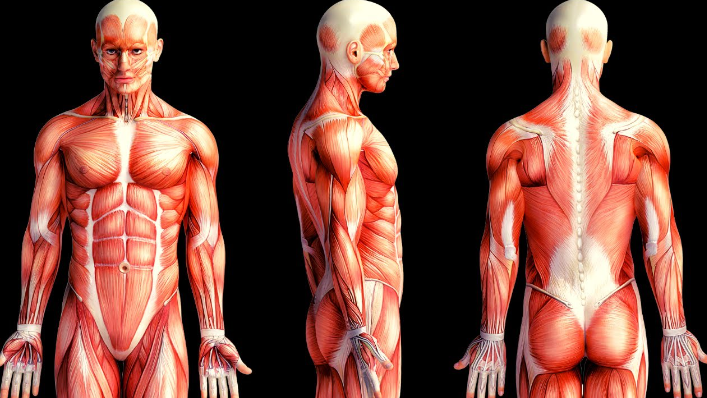

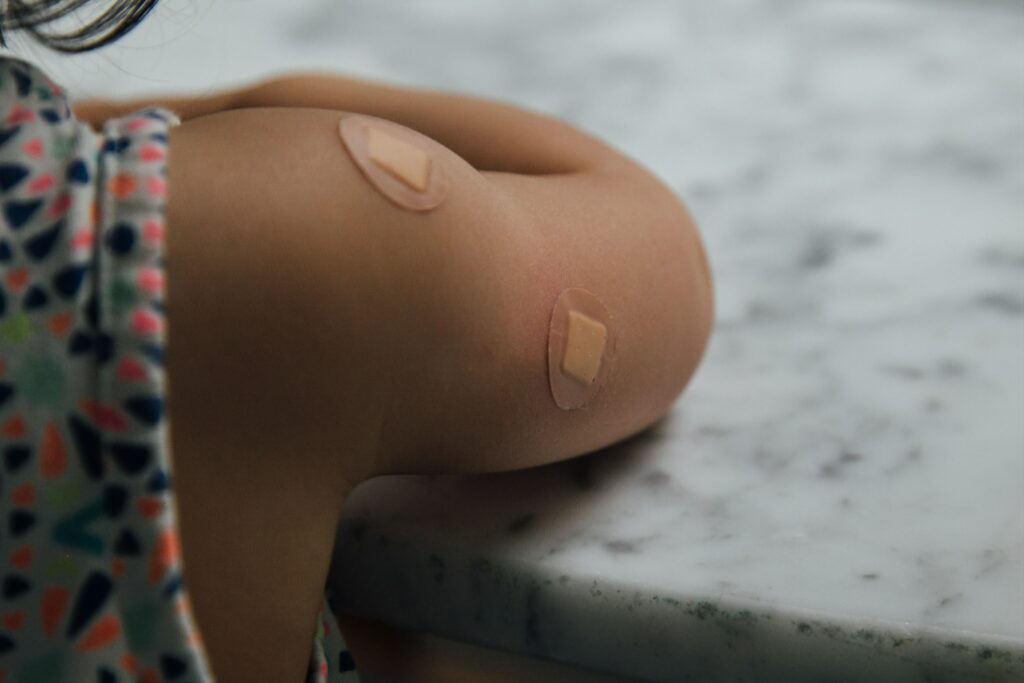
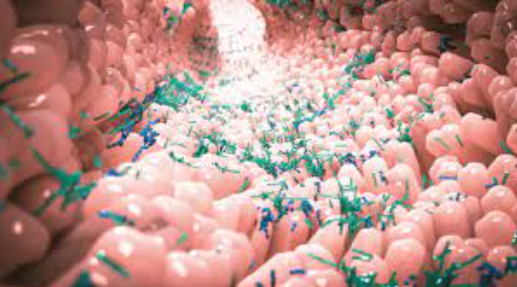
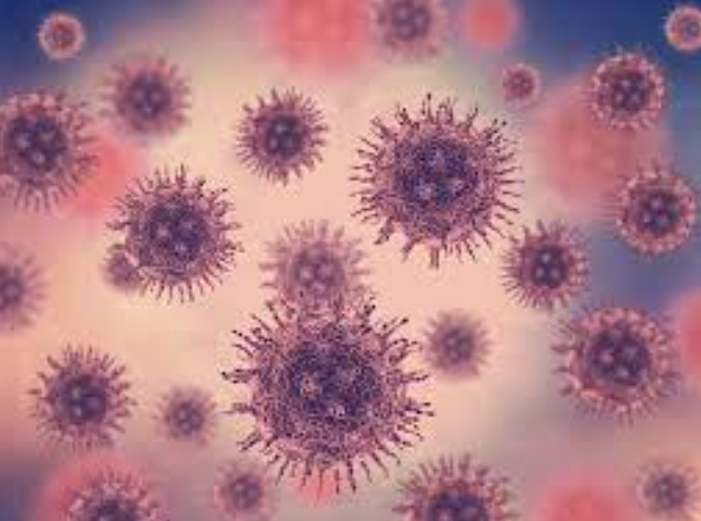
Responses